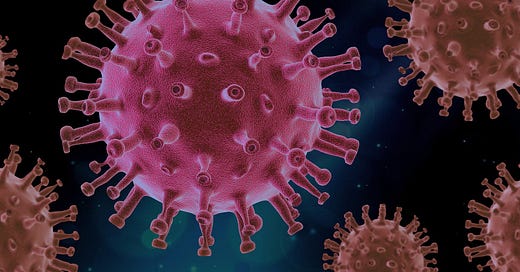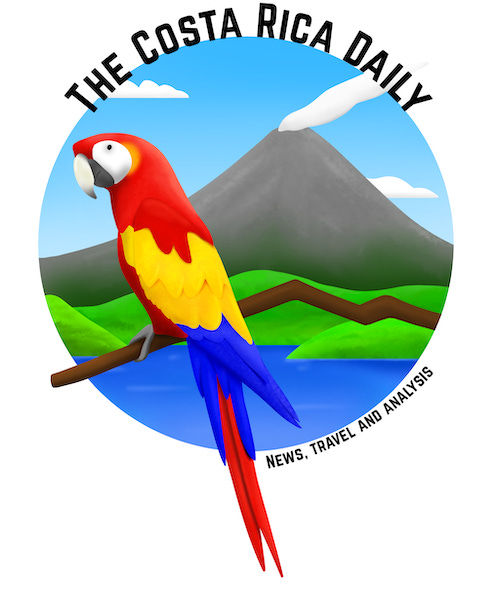The overwhelming number of questions we receive each day involve Costa Rica’s coronavirus measures and restrictions. Today, let’s answer them once and for all.
What’s the current state of Covid-19 in Costa Rica?
For a detailed breakdown that updates daily, click here to see the official Health Ministry data.
What are the entry restrictions?
Click here to read our full story on this topic. Since November 2020, Costa Rica is welcoming all tourists who arrive via flights. They must:
Complete the Health Pass form within the 48 hours before arrival.
Have travel medical insurance that covers Covid-19 and extended lodging expenses in Costa Rica.
The insurance policy can be from INS or Sagicor, two Costa Rican companies with pre-approved policies. Alternatively, visitors can purchase any foreign insurance policy, so long as they bring a letter showing it covers:
Covid-19 medical expenses in Costa Rica for at least US $50,000.
At least US $2,000 in extended lodging expenses due to illness.
Trawick seems to be the most popular international insurance option, as it’s typically cheaper than INS and Sagicor.
A negative coronavirus test is not required. Visitors are not required to quarantine upon arrival.
What are the exit restrictions?
Costa Rica is not imposing any exit restrictions for air travel. However, you should check with authorities from your destination, since other countries and U.S. states have ever-changing policies for those returning from an international trip.
As of January 26, the United States requires proof of a negative test from all returning air passengers, including citizens and permanent residents. Canada, England and Spain have similar policies.
Canada and England also enforce a quarantine for returning travelers.
Click here for the official list of 130+ Covid-19 testing sites in Costa Rica.
What’s open in Costa Rica? What’s closed?
Nearly every business is allowed to remain open with some restrictions on capacity and hours of operation. This includes restaurants, bars and casinos, national parks, beaches, etc.
Costa Rica’s beaches close at 6 p.m. each day in February. This is enforced to varying degrees across the country; the rule is meant to discourage large crowds.
Everyone is required to wear a mask inside commercial establishments.
Are there driving restrictions?
There are nighttime (11 p.m.-5 a.m.) driving restrictions. Taxis and other forms of public transport are exempt from the restrictions.
Click here for the official government site detailing the driving restrictions, which are based on the last digit of a vehicle’s license plate.
When are vaccines coming to Costa Rica?
Costa Rica began vaccinating its population on December 24, 2020.
Citizens and residents who are in a prioritized group for vaccination should contact their local Ebais (community health clinic) and ensure their contact information is current.
Will tourists get vaccines?
No. Unlike citizens and residents, people in Costa Rica on tourist visas will not receive the vaccine as part of the national rollout. These individuals may purchase a vaccine if and when it becomes available via private hospitals/pharmacies.
The U.S. Embassy does not plan to provide vaccinations to private U.S. citizens in Costa Rica.
How long will my tourist visa be? Can I extend it?
Tourist visas are typically issued for 90 days.
Right now, Costa Rican immigration officials are limiting the duration of stay to correspond with the tourist’s Covid-19 medical insurance. In other words, if you buy 14 days’ worth of coverage, your visa will be stamped for 14 days. Tourists can extend their stay for up to 90 days by following these steps. (A local law office has published an apparent loophole, but pursue it at your own risk.)
It’s costly and time-consuming to extend your entry stamp, so take that into consideration before entering Costa Rica.
Where can I get tested?
Click here for a list of labs across Costa Rica that are offering coronavirus tests for tourists.
Tests cost about $100 in San José with results delivered within 48 hours. Prices are typically higher outside the San José area.
Labs will soon offer antigen tests that are faster and cheaper. Those do meet U.S. requirements, but they do not meet the requirements for all countries (e.g. Canada).
I might have Covid-19 in Costa Rica. Now what?
Dial 1322 to speak with Costa Rica’s coronavirus hotline. Operators speak English and Spanish and will instruct you on next steps.
Travelers who test positive have to comply with a 14-day quarantine period. The cost should be covered by travel insurance, which is a requirement for entering Costa Rica.
Can I do a ‘border run’ to renew a tourist visa?
Not in the traditional sense, since tourists are not allowed to enter Costa Rica via land borders at this time. In order to exit the country and re-enter, the easiest option for tourists is probably an international flight.
Panama has reopened its land borders, so you could theoretically drive to Panama and fly back to Costa Rica. Mexico doesn’t require a negative test for entry, so that’s another possibility.
Do I have to wear a mask?
Yes. Masks are required at all commercial establishments and in some outdoor situations where physical distancing is difficult (e.g. bus stops, National Park ticket offices). You can be denied entry into a business if you’re not wearing a mask.
Additional measures at commercial establishments include hand-washing stations, temperature checks and capacity restrictions.
You don’t have to wear a mask at the beach but should maintain distance from people not in your social bubble.
Will Costa Rica go into ‘lockdown’ in the future?
Though no one can say for sure, it’s highly unlikely. Even the Health Ministry acknowledges Costa Rica does not have the financial resources to support another round of strict measures. Expect businesses and borders to remain open, with restrictions.
How can I buy your awesome T-shirt?
Support The Costa Rica Daily
Thank you for reading! The Costa Rica Daily is 100% free — and 100% ad-free. We can only exist with your support:





